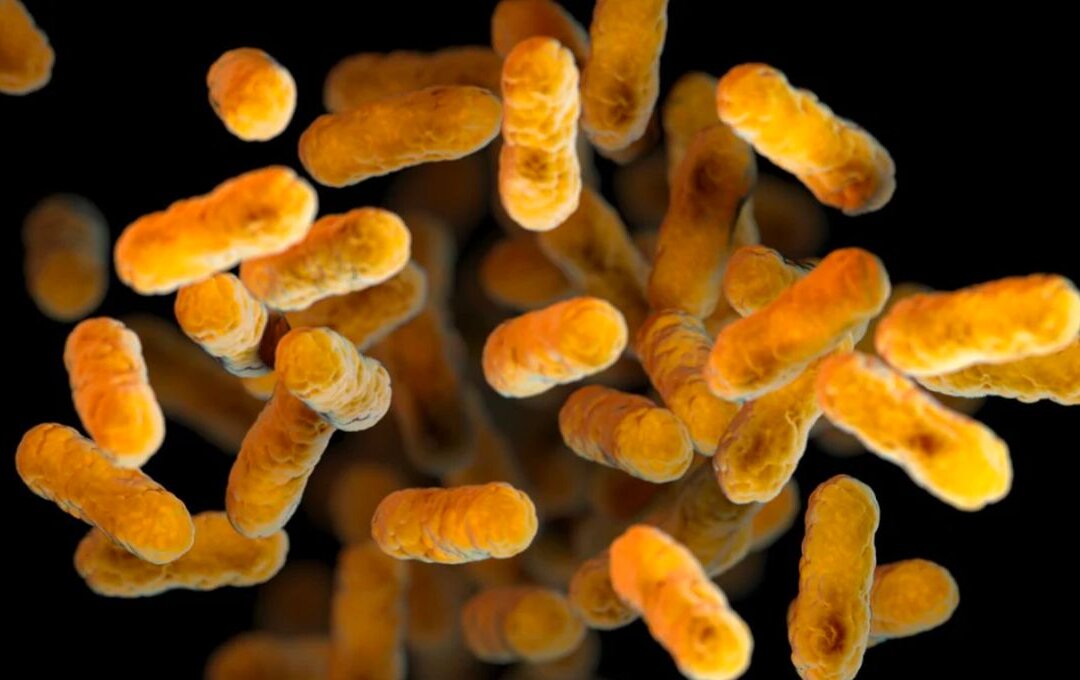
An increase in pertussis, also known as whooping cough, has been reported in the Pacific Northwest states of Oregon, Washington, and Idaho. In Oregon, Lane County had the highest number of cases this year at 249, with two more counties reporting more than 100 each. The median age of affected individuals was 11 years.
“It’s concerning,” said Lisandra Guzman, Lane County’s deputy public health officer. “Pertussis is very contagious, and that’s one of the reasons it’s so hard to control.” The record for the highest annual pertussis number of cases in Oregon was in 2012, when 910 incidents were reported.
The OEA said that case numbers this year are on “track to pass” the 2012 figure. So far this year, one person—an older adult—has died from the condition. The agency noted that babies too young to be fully vaccinated against pertussis have the highest likelihood of hospitalization and death.
Other than this year, all five deaths since 2003 have been among infants. The department noted that infants, especially those below 1 year, are at the highest risk of severe illness from whooping cough. “To protect babies from whooping cough, people of all ages should get up to date on pertussis vaccination, and anyone with symptoms should see a health care provider to see if testing and antibiotic treatment are needed,” said Tao Sheng Kwan-Gett, pediatrician and chief science officer at the department.
“Reports of pertussis cases were lower than usual over the past few years, during and following the COVID-19 pandemic,” the agency said. “However, the United States is beginning to return to pre-pandemic patterns where more than 10,000 cases are typically reported each year. It’s likely mitigation measures used during the pandemic (e.
g., masking, remote learning) lowered transmission of pertussis.” Thomas Murray, a Yale Medicine pediatric infectious diseases specialist, agrees.
“It’s a contagious respiratory illness that can spread fairly quickly through the population.” The CDC noted that people can spread the pathogen right after symptoms begin and for at least two weeks after coughing starts. Some people with mild symptoms may not know they have pertussis and can unknowingly spread the pathogen.
“Many babies who get whooping cough are infected by older siblings, parents, or caregivers who don’t know they have it,” the agency said..














